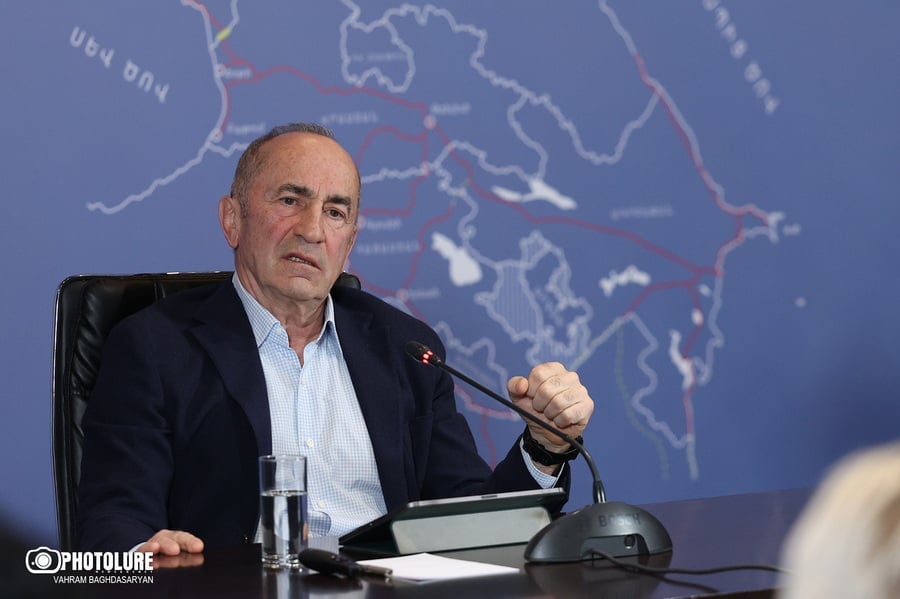I’m not going to comment on each point made by Armenia’s second president, Kocharyan, during his last press conference. Some of his statements were correct, while others were not. Some of his recollections seemed off, or perhaps he intentionally distorted them to cast himself in a more favorable light. (Some of these memories, if you ask me, belong in the realm of comedy. A 70-year-old person shouldn’t be concerned with who called whom “boss” 25 years ago.)
Of course, mixing truth and lies is typical for most politicians, and this is nothing new. However, in today’s world, what matters is not what is said, but what effect it has. And in this regard, it can be clearly stated that press conferences like this are a gift to Pashinyan.
The recent increases in transport prices, taxes, and the “universal declaration” have generated significant dissatisfaction with the authorities. And at this moment, someone emerges—whether willingly or unwillingly—who draws some of that discontent toward himself. If I were inclined to believe in conspiracy theories, I might think this is happening intentionally.
Wasn’t it obvious that the CCP (Civil Contract Party) members and their NGO propagandists, on one hand, and the supporters of the first president, on the other, would begin to mercilessly criticize Kocharyan’s every word, thus shifting the public’s focus away from the growing social problems? (As we know, national issues—such as the loss of Artsakh and the ongoing weakening of the state—concern very few people.)
Read also
Who benefits? In politics, I believe this should be the central question. And the answer in this case is already clear.
The opposition should not “unite”—it is pointless and would only weaken the factions within it. In this, Kocharyan is correct. However, I am confident that opposition parties and groups should cooperate, coordinate their actions and statements, and avoid trying to score points at each other’s expense.
When everyone is fighting against everyone else, it becomes one of the primary conditions for the flourishing of Pashinyanism.
Aram ABRAHAMYAN



















































